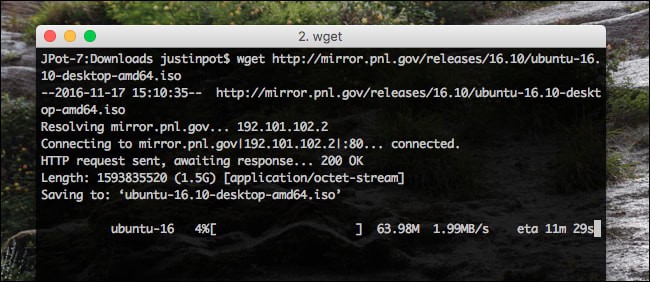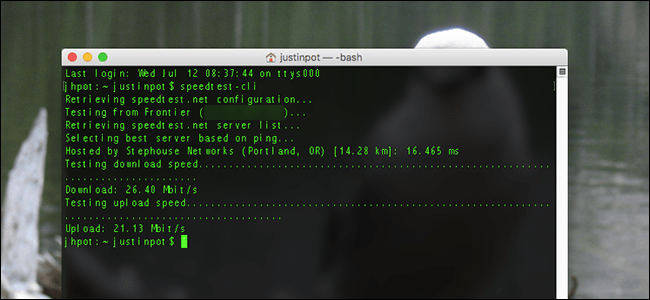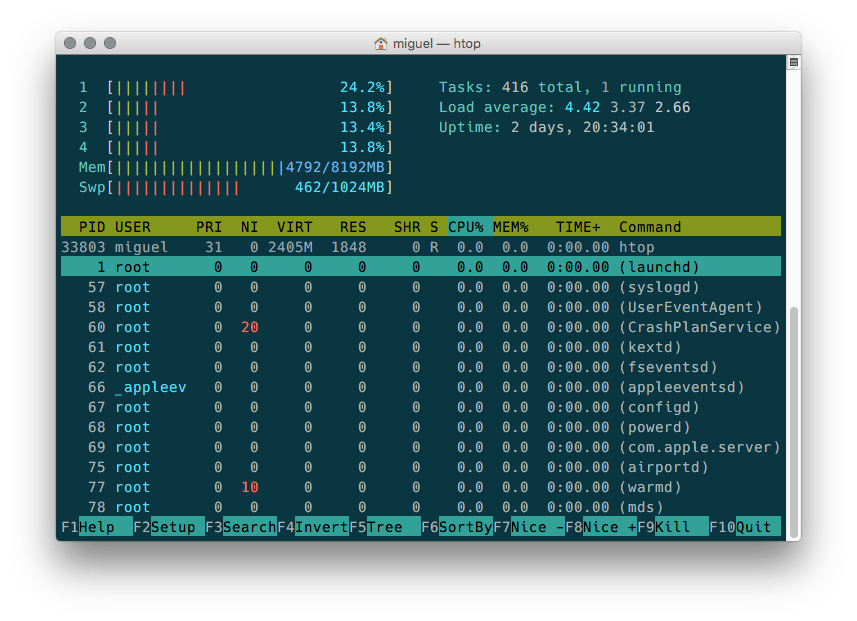More apps
If you use Homebrew to connect to repositories, you’ll love Gitfox. Not only is it a better alternative to Homebrew’s hub command, Gitfox makes the whole process of working with Git smarter. You can use this app to improve the quality of your code and commit faster.
DevUtils gives you access to a huge set of dev tools. It’s hard to describe what exactly this app does because the options are endless. From formatting JSON to debugging a JWT token, you can do all that locally on your Mac, without internet connection.
- imagemick to convert images to other formats
- archey to share the localhost with your team
- hub for a better experience with Git
- tldr https://tldr.sh/ – for practical examples on how to use the command line.
Homebrew Cask
Homebrew-Cask is an extension to Homebrew to install GUI applications such as Google Chrome or Atom. It started independently but its maintainers now work closely with Homebrew’s core team.
Homebrew calls its package definition files “formulae” (British plural for “formula”). Homebrew-Cask calls them “casks”. A cask, just like a formula, is a file written in a Ruby-based DSL that describes how to install something.
The Cellar is where Homebrew installs things. Its default path is /usr/local/Cellar. It then add symlinks from standard locations to it.
For example, when you type brew install git:
- Homebrew installs it under
/usr/local/Cellar/git/<version>/, with thegitbinary in/usr/local/Cellar/git/<version>/bin/git - It adds a symlink from
/usr/local/bin/gitto that binary
This allows Homebrew to keep track of what’s installed by Homebrew versus software installed by other means.
A tap is a source of formulae. The default is homebrew/core but you can add more of them. The simplest way to create a formula for your own software is to create a GitHub repository called homebrew-<something>; put your formula file in it; then type brew tap <username>/<something> to add this new source of formulae to your Homebrew installation and so get access to all its formulae.
Some companies have internal Homebrew taps for their own utilities. There are a lot of public taps like atlassian/tap for Atlassian software, or ska-sa/tap for radio astronomy. Homebrew itself used to have additional taps like homebrew/science but they deprecated them and imported the formulæ in homebrew/core.
1. Wget
if you use Linux or Mac os, the wget is the best command-line tool to help you download any repo from GitHub.
https://www.gnu.org/software/wget/
brew install wget
![]()

2. Imagemagick
Imagemagick has many functionalities that can convert an image from one format to another format easily. And it can convert multiple threads very fast for the large image.
https://imagemagick.org/index.php
brew install imagemagick
![]()

3. Zsh
Z shell can be a very beautiful shell for you to run any command you want. and it notices the git repo you have commit or not. It has a very attractive color highlight so it helps you to develop your projects without push your stuffs to git.
brew install zsh
![]()

4. Speedtest-cli
As you read the name of this repo, it checks the speed of your internet connection, and there is more information to show the internet speed.
https://formulae.brew.sh/formula/speedtest-cli
brew install speedtest-cli
![]()

Internet connection measurement for developers
Speedtest CLI brings the trusted technology and global server network behind Speedtest to the command line. Built for software developers, system administrators and computer enthusiasts alike, Speedtest CLI is the first official Linux-native Speedtest application backed by Ookla®.
With Speedtest CLI, you can easily:
Measure internet connection performance metrics like download, upload, latency and packet loss natively without relying on a web browser
Test the internet connection of your Linux desktop, a remote server or even lower-powered devices such as the Raspberry Pi® with the Speedtest Server Network™
Set up automated scripts to collect connection performance data, including trends over time
Use Speedtest in your programs by wrapping it in the programming language of your choice
View test results via CSV, JSONL or JSON
5. Archey
If your team works together in the same office and the same network, what if you want to share the localhost:3000 to your team without him to run the app. Of course, archey provided the IP and information of your computer and it helps you guys to share apps across the same offices.
https://obihann.github.io/archey-osx/
brew install archey
![]()

6. Htop
This is a command-line version of activity monitor, top provides very rich information about what you desire and a lot of useful information about the processes running on your computer. It is much easy to navigate and make a simple selection of the process.
brew install htop
![]()

7. Tree
With the default of mac os, it does not show the tree structure files in the folder. So if you want to check out the folder structure, a tree command will save your life very quickly.
http://mama.indstate.edu/users/ice/tree/
brew install tree
Once installed from either, typing ‘tree’ will display the folder tree of any directory on the Mac.
![]()

8. Ant
Apache Ant is a Java library and command-line tool whose mission is to drive processes described in build files as targets and extension points dependent upon each other. The main known usage of Ant is the build of Java applications. Ant supplies a number of built-in tasks allowing to compile, assemble, test, and run Java applications. — Apache Ant
brew install ant
![]()

9. NVM
SEE NOTES: https://gist.github.com/rcugut/46904124d198a9dbd430abe88ebf849b
Using nvm to install and update Node.js (recommended)
NVM — Node version manager, for those developers who love to switch different nodes in the environment, an nvm command is very easy to help you switch the tools between different node versions. More about: nvm
https://formulae.brew.sh/formula/nvm
brew install nvm
![]()

10. Cask
The cask is to bring its elegance, simplicity, and speed to the installation and management of GUI macOS applications.
https://formulae.brew.sh/cask/
brew install cask


